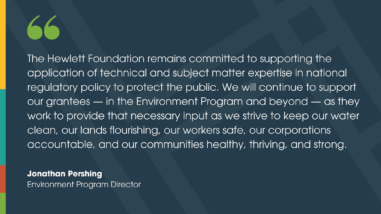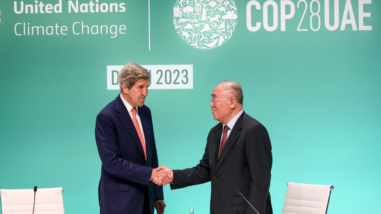Yale University
For Support Of Law And Political Economy (LPE), Emerging Work In Legal Scholarship And Pedagogy
-
Amount$610,000
-
Program
-
Date Awarded10/31/2018
-
Term24 Months
-
Type of SupportProject
Overview
Legal scholarship and practice have been central to neoliberalism’s success as both a conceptual paradigm and a political and economic practice. While neoliberalism is most commonly associated with economics and the social sciences — particularly among thinkers such as Friedrich Hayek and Milton Friedman — it is through the co-option of legal scholarship, doctrine, and practice that neoliberal concepts have had their most far-reaching effects. Law and Political Economy (LPE), an emerging approach in legal scholarship and pedagogy, is the defining response to neoliberalism in the current legal academy. The scholars funded through this grant have been focused on advancing this approach. Their ambition is to develop LPE into a far-reaching shift that will change the way law is studied and taught, the public discussion of legal and political institutions and power, and law’s role in policymaking and political mobilization.
About the Grantee
Grantee Website
www.yale.edu
Address
25 Science Park – 3rd Floor Office of Sponsored Projects
P.O. Box 208327, New Haven, CT, 06520-8327, United States
Grants to this Grantee
for the Law and Political Economy Project at Yale Law School
Legal scholarship and practice have been central to neoliberalism’s success as both a conceptual paradigm and a political and economic practice. While neoliberalism is most commonly associated with economics and the social sciences — particularly among thinkers such as Friedrich Hayek and Milton Friedman — it is through the co-opting of legal scholarship, doctrine, and practice that neoliberal concepts have had their most far-reaching effects. Law and Political Economy (LPE), an emerging approach in legal scholarship and pedagogy, is the defining response to neoliberalism in the current legal academy. The work funded through this grant has been focused on advancing this approach. Its objective is to develop LPE into a wide-ranging shift that will change the way law is studied and taught, the public discussion of legal and political institutions and power, and law’s role in policymaking and political mobilization.



